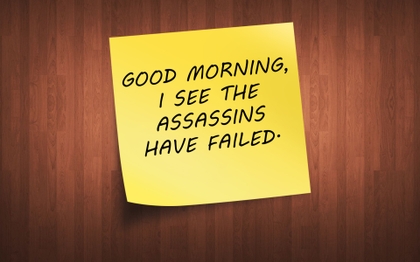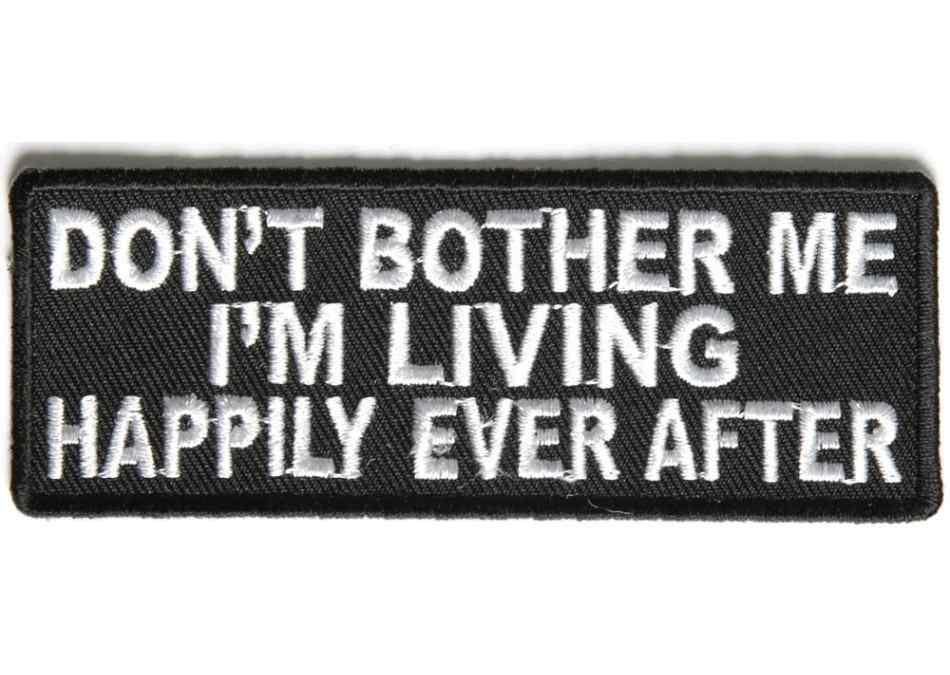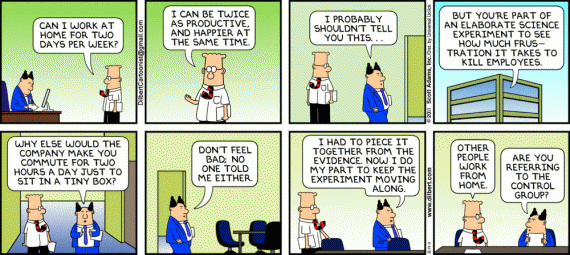How 5 Post-It Notes Can Make You Happy, Confident and Successful
ttle Reminders Create Big Changes You know why older people are happier? Research shows as we age we remember the good and forget the bad: ...older people shown pictures of faces or situations tend to focus on and remember the happier ones more and the negative ones less. Yeah, that's all it takes. So if you could just regularly get reminders of the good things in your life, well, you'd be halfway there... And it's not speculation -- research shows thinking about…
4 minutes
The Science Of “Happily Ever After”: 3 Things That Keep Love Alive
Daniel Jones, author of Love Illuminated, explains: we spend youth asking "How do I find love?" and midlife asking "How do I get it back?" Anyone in a relationship or who plans on being in one needs to know how to keep love alive over the long term. But how do you learn the secret to this? Everyone is happy to explain "how they met" but few give the details on "how they stayed together." So let's look at what…
6 minutes
How To Achieve Work-Life Balance In 5 Steps
hieving work-life balance can look impossible. And, frankly, it seems like it's getting harder. In the ten years from 1986 to 1996 work-life balance was mentioned in the media 32 times. In 2007 alone it was mentioned 1674 times. Via The ONE Thing: A LexisNexis survey of the top 100 newspapers and magazines around the world shows a dramatic rise in the number of articles on the topic, from 32 in the decade from 1986 to 1996 to a high…
4 minutes
How To Be More Satisfied With Your Life – 5 Steps Proven By Research
ve posted a lot about the research around how to be happier. But being satisfied with your life is something a little different. Daniel Kahneman, Nobel Prize winner and author of Thinking, Fast and Slow, gave a TED talk where he explained the two pretty well: Happiness is being happy in your life. We experience it immediately and in the moment. Life satisfaction is being happy about your life. It is the happiness that exists when we talk about the past and the big…
6 minutes
The Simple Thing That Makes The Happiest People In The World So Happy
search has found about 9 zillion things you can do to increase happiness. Of course, you're probably not doing any of them. To be fair, most people don't really do much to deliberately make their lives happier. Via 100 Simple Secrets of the Best Half of Life: Researchers found that the majority of the subjects they studied were not able to identify anything they had done recently to try to increase their happiness or life satisfaction. So you want to start?…
6 minutes
Love What You Do: 4 Things That Will Make You Happier At Work
metimes your job can really be a grind -- but quitting isn't always a realistic option. So what can you do to become happier with the job you have? Here are four stories from the latest research that can make your job more meaningful and make you happier at the office. Change Your Job Description Cleaning the floors in a hospital isn't anyone's dream job. Emptying trash cans in patient rooms doesn't feel special or important. But what if you had…
5 minutes
How To Raise Happy Kids – 10 Steps Backed By Science
hen you ask parents what they want for their kids, what's usually the most common reply? They want their children to be happy. Via Raising Happiness: 10 Simple Steps for More Joyful Kids and Happier Parents: ...the well-being of children is more important to adults than just about anything else--health care,…
8 minutes
Lessons From The Samurai: The Secret To Always Being At Your Best
ading a few books by samurai there was one thing I saw repeated again and again and again that surprised me. It has nothing to do with swords, fighting or strategy. Actually, quite the opposite when you think about it. What did so many of history's greatest warriors stress as key to success and optimal performance? "Being calm." And it wasn't one random samurai mentioning it off the cuff. We're talking about some of the greatest samurai who ever lived writing about…
5 minutes







